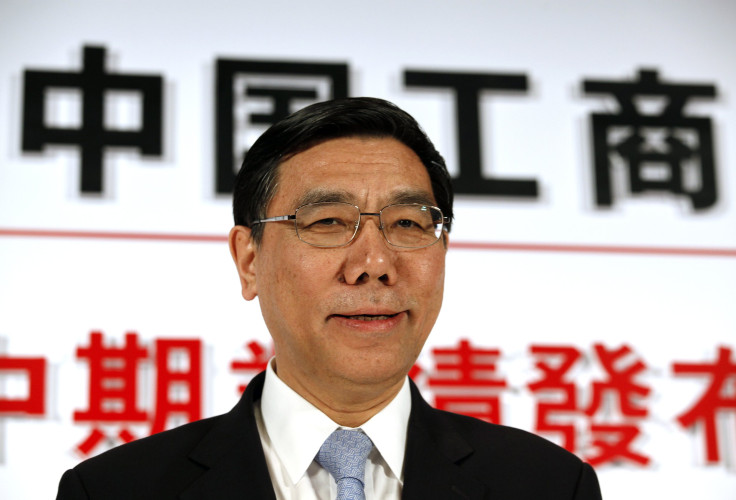Chinese Banks: Bad Loans Bound To Increase But Non-Performing Loan (NPL) Ratio Not Alarming

The chairman of Industrial and Commercial Bank of China said that the bank’s non-performing loan ratio of 0.91 is “excessively good” by international standards and that critics should not expect better, especially as the government relaxes its grip on the economy following the Third Plenum.
Jiang Jianqing, chairman of the bank that is China’s largest lender by assets and market value, said that ICBC is prepared for the challenges and should not be held to impossibly high standards, the Financial Times reported on Wednesday, but said that the ratio is bound to increase as the bank extends more credit to riskier borrowers such as small companies and households.
Criticism for China’s lenders began in 2008, when banks went on a lending spree to help steer the country through the global financial crisis. Investors predicted at that time that lenders will face a big jump in defaults, some even accused lenders of understating level of non-performing assets.
That prediction seemed to have come true in the third quarter, as bad loans for Chinese banks increased by the largest amount in eight years, but the number should be looked at from a wider angle – bad loans only make up less than 1 percent of industry-wide loans.
“Look at other major international banks,” Jiang, who has headed ICBC since 2000, said, according to the Financial Times. “Their [bad loan ratios] are 1 per cent, 2 per cent or higher, but no one requires more of them. For China, the expectations are too high.” “The world seems to think that Chinese banks have to keep their bad loan ratio at less than 1 per cent and that we have to keep lowering it year after year. Can we really cut it to zero? That’s not economically possible,” Jiang added.
Jiang also refuted the central causes for critics’ concern, namely perceived risks of loans to the property sector and local governments, and said those issues are under control. What may cause an increase in bad loan ratio, however, is a shift away from lending to state-owned enterprises to smaller private companies, as these loans are “high return and high risk.”
The accelerated pace of interest rate deregulation can pose another challenge, squeezing guaranteed margins, Jiang said. With the government’s promise to let failing banks go under instead of rescuing them as before, unsuccessful lenders will be eliminated, the Financial Times reported.
© Copyright IBTimes 2024. All rights reserved.





















